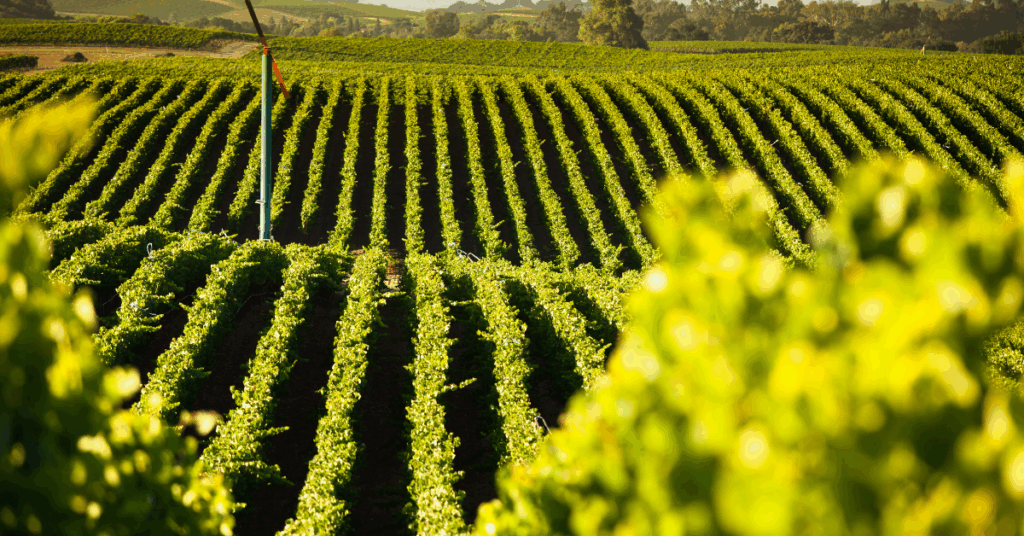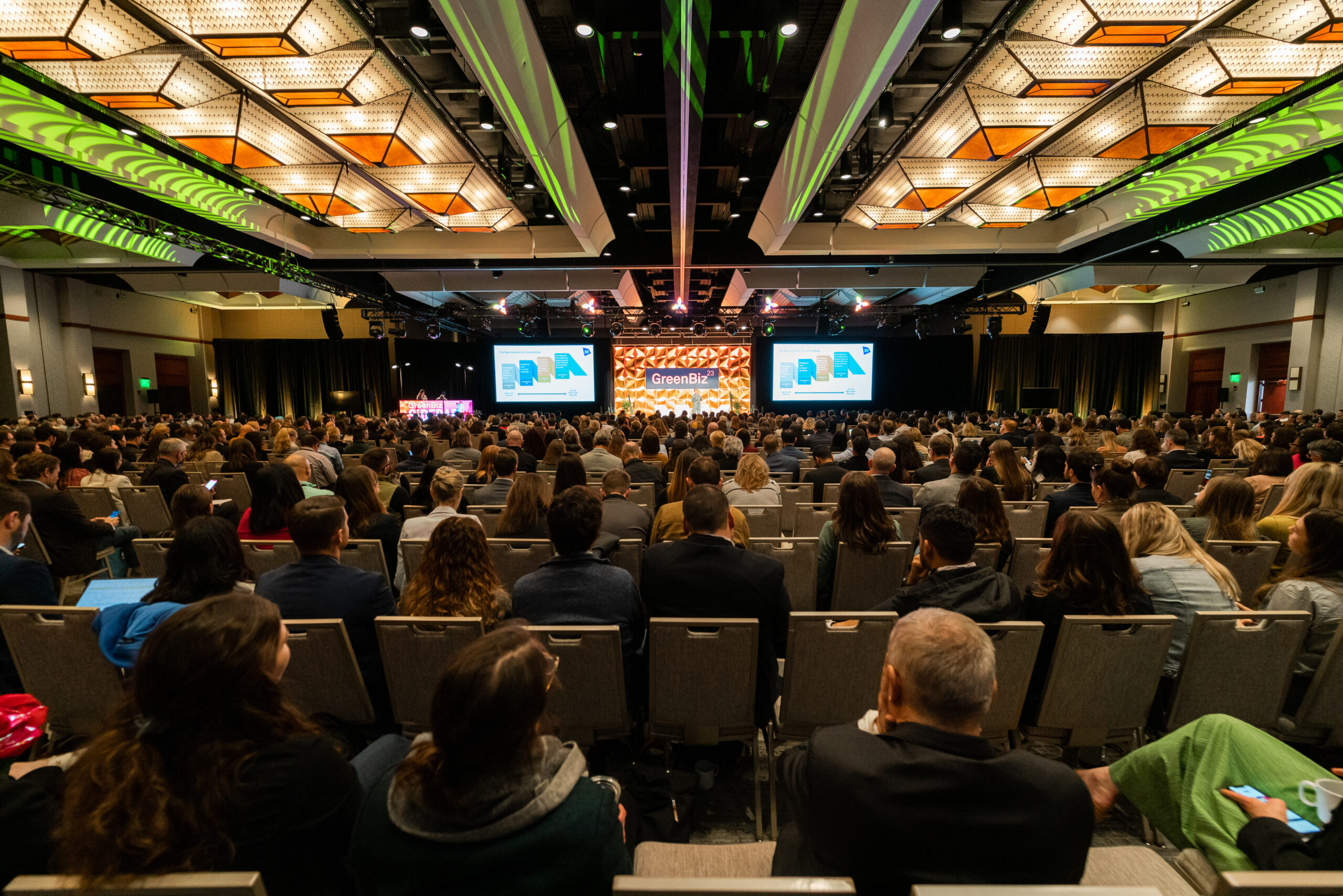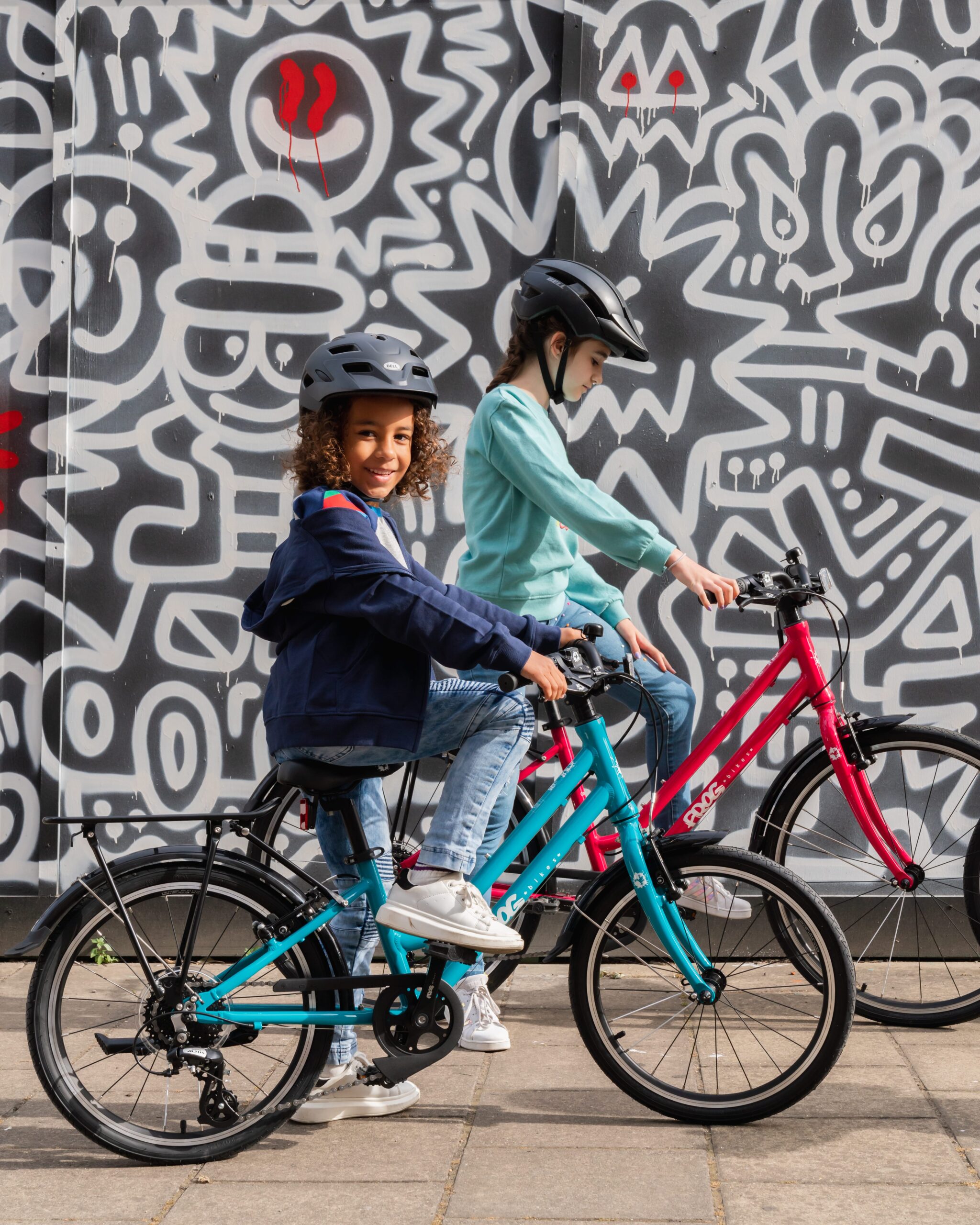SME Climate Hub and Walmart launch new resources for food & beverage manufacturing sector

Clif Family Winery, the Napa Valley-based purveyor of organically farmed wine & small batch food, started their climate journey with a question: how could they reduce their carbon footprint while preserving product quality and brand identity?
One proposed solution was switching to lighter packaging. But in the wine industry, traditionally a heavier glass bottle is seen as a sign of premium quality. So the possibility of switching to lighter glass first came with some internal resistance.
However, after trialing a lightweight alternative, the pros clearly outweighed the cons: the lighter glass could potentially reduce the carbon footprint of a single bottle by 40%. By switching to a lighter bottle, Clif reduced the weight of a case of wine by eight pounds, cut transportation costs and created a new packaging look that resonated with their customers.
This may seem like a small change, but for Clif, it’s an important step in their journey to meeting their goal of halving greenhouse gas emissions before 2030 and achieving net zero emissions before 2050.
Why focus on food & beverage manufacturing?
Within the food system, which is responsible for over 30% of global emissions, food processors and manufacturers like Clif are uniquely positioned to drive emissions reductions across the food supply chain. Farming, food production, transportation, and waste disposal all impact not only carbon emissions, but also food security and public health.
Collectively, small businesses have a big impact. By making simple changes to reduce their emissions – like Clif Family Winery’s shift to a lighter glass bottle – they can help slow emissions from the food system, reducing ongoing and future risks such as supply chain disruptions, rising food costs, threats to farmer livelihoods, and food safety concerns for consumers.
However, many SMEs in this sector face resource and knowledge gaps that prevent them from taking meaningful climate action. In a survey earlier this year, 41% of SMEs told us that to take greater climate action, they need industry-specific guidance or solutions.
What are we doing about it?

That’s why the SME Climate Hub has partnered with Walmart to launch a new, dedicated Food and Beverage Sector Space, which includes sector-specific action courses designed to empower SMEs in the food processing and manufacturing sector with the knowledge and resources they need to cut emissions and build more sustainable businesses.
Funded in part by a grant from Walmart, this initiative underscores the commitment of Walmart and the SME Climate Hub to drive real impact within supply chains, ensuring SMEs have the support they need to take meaningful climate action.
What’s in the Food and Beverage Sector Space?
Food and Beverage Sector Action Checklist:
- This comprehensive checklist is organized into three categories for effective climate action prioritization – perfect for any business working to reduce its Scope 1, 2, and 3 emissions.
Two online action courses focused on key action areas:
- Reducing and transitioning energy use
- Tackling logistics holistically
These resources offer tailored guidance on energy efficiency, renewable energy procurement, and logistics improvements, as well as best practices aligned with iregulatory standards, investor expectations, and customer interests.
The free, accessible action courses will help SMEs accurately implement practical steps to reduce emissions, and confidently track and share their progress—helping them stay competitive, adapt to industry changes, and meet growing partner expectations for sustainability standards.
These 30-minute courses are free for SMEs (simply register on the SME Climate Hub to get started), and were designed in consultation with small businesses and sector experts.
Your business may be able to replicate the success of companies like Clif Family Winery – finding opportunities to reduce emissions while also cutting costs. Check out these new tools to improve sustainability, save money, and future-proof your business today.

 Go back
Go back






